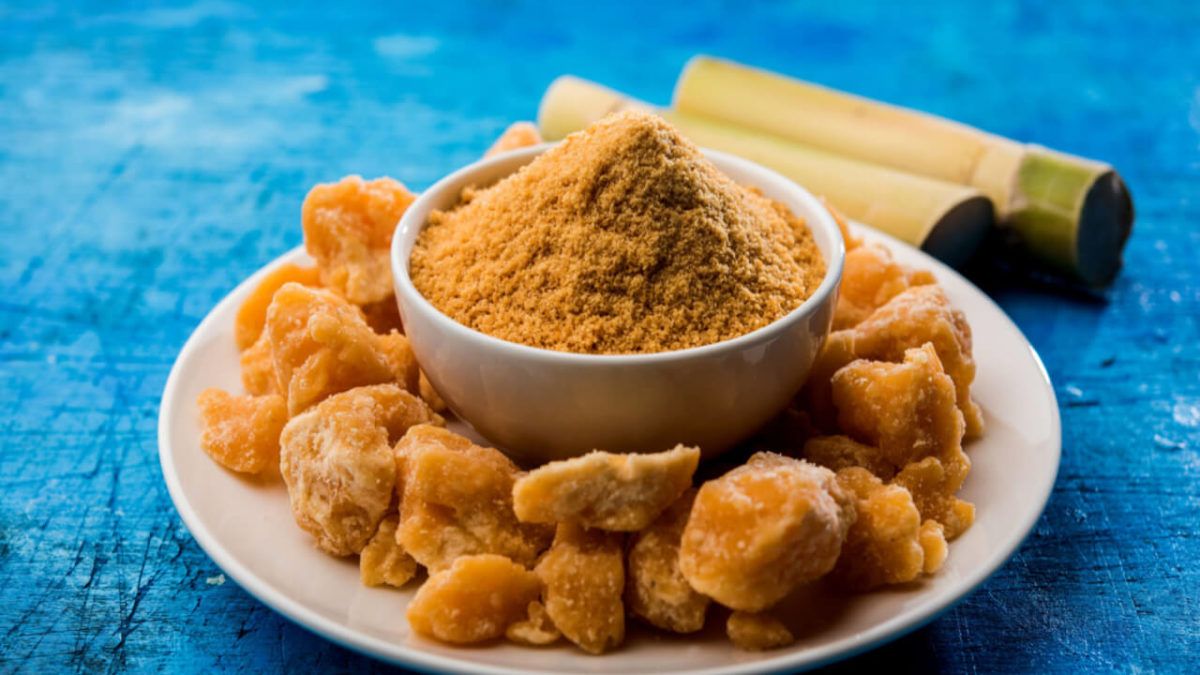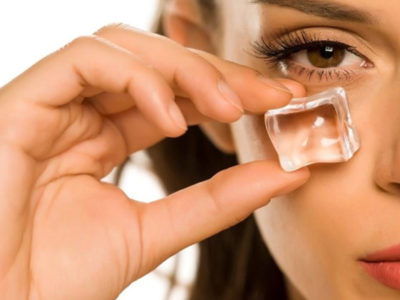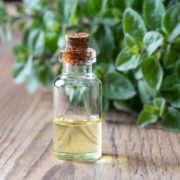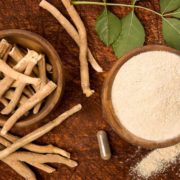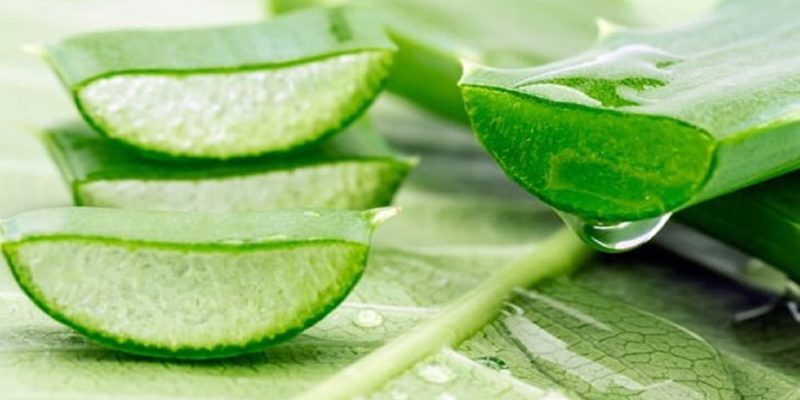
Aloe vera is a plant that has been used for centuries for its numerous health benefits. From treating burns to aiding digestion, this succulent has become a household name in the world of natural remedies. In recent years, it has also gained popularity in the beauty industry due to its ability to soothe and hydrate skin.
But what exactly are the benefits of Aloe vera? And how can you incorporate it into your daily routine? In this article, we will explore the various uses and benefits of Aloe vera and provide tips on how to incorporate it into your healthcare regimen. Whether you’re looking for ways to improve your skin or seeking relief from digestive issues, Aloe vera may be just what you need.
What is Aloe Vera?
Aloe vera is a succulent plant that belongs to the family of Asphodelaceae. It has been used for centuries for its medicinal properties and was known as the “plant of immortality” by the ancient Egyptians. Aloe vera has thick, fleshy leaves that are filled with a gel-like substance that contains vitamins, minerals, amino acids, enzymes and antioxidants. The gel is what’s used in many health and beauty products today.
One of the main benefits of aloe vera is its ability to soothe and heal skin irritations. It can be used to treat sunburns, acne, eczema, psoriasis and other skin conditions. The gel contains compounds that have anti-inflammatory properties which can help reduce redness and swelling.
In addition to its skincare benefits, aloe vera can also be taken internally as a supplement to improve digestion. The plant contains enzymes that aid in breaking down food molecules which helps with nutrient absorption in the body. Aloe vera juice has also been found to have laxative effects which can relieve constipation and promote regular bowel movements.
Nutritional value:
Aloe vera is a succulent plant that has been used for medicinal purposes for centuries. The gel inside the leaves of the plant is rich in vitamins, minerals, and antioxidants that make it an excellent natural remedy for a variety of health issues. Aloe vera gel contains essential nutrients such as vitamins A, C, E, B12, folic acid, and choline which promote skin health and general well-being.
In addition to its nutritional value, aloe vera has several other benefits. It helps to soothe inflammation and reduces redness on the skin. It’s also effective in promoting wound healing due to its antibacterial properties. The plant’s anti-inflammatory properties make it useful in treating digestive issues such as irritable bowel syndrome (IBS) and acid reflux.
If you want to reap the benefits of this wonder plant at home, there are various ways you can use it. You can apply fresh aloe vera gel directly on your skin or drink it as a juice after diluting it with water or mixing with other juices. Incorporating Aloe Vera into your diet or skincare routine will help you enjoy its many nutritional benefits!
Benefits to the body
Aloe vera has numerous benefits for the body. It contains vitamins A, C, E, and B12, as well as minerals like calcium, magnesium, and zinc. These nutrients help to promote healthy skin and hair by nourishing them from within. Aloe vera also has anti-inflammatory properties that can soothe irritated skin and reduce redness.
In addition to its cosmetic benefits, aloe vera can also be used internally to improve digestive health. The plant contains enzymes that aid in digestion and may help to reduce symptoms of acid reflux and irritable bowel syndrome (IBS). Aloe vera juice is widely available at health food stores and can be consumed on its own or added to smoothies or other beverages.
Overall, incorporating aloe vera into your diet or skincare routine can have numerous benefits for your body both inside and out. By harnessing the power of this versatile plant, you can improve your overall health while enjoying a range of beauty benefits as well.
Skin benefits:
Aloe vera is a succulent plant that has been used for its medicinal properties for centuries. This species of the cactus family is known to provide numerous benefits to the skin, making it a popular ingredient in skincare products. The gel extracted from the leaves of the aloe vera plant contains vitamins, minerals, and antioxidants that help soothe and heal various skin conditions.
One of the primary benefits of using aloe vera on the skin is its ability to moisturize and hydrate. The gel helps lock in moisture and prevents dryness, leaving your skin feeling soft and supple. It also helps reduce inflammation caused by acne or other skin irritations.
In addition to moisturizing properties, aloe vera also has anti-aging effects on the skin. The antioxidants in aloe vera help fight free radicals that cause damage to collagen fibers leading to fine lines and wrinkles. Using products containing aloe vera can help improve skin elasticity resulting in smoother, younger-looking skin. To use Aloe Vera on your face simply take 1-2 tablespoons of fresh Aloe Vera gel and apply it directly onto your clean face avoiding eye area for 10-15 minutes then rinse with warm water.
Aloe Vera for skin care
Aloe vera is a powerful plant that has been used for centuries in traditional medicine for its healing properties. When it comes to skincare, aloe vera is one of the most effective natural remedies out there. Its gel-like substance boasts an impressive range of benefits, including soothing and moisturizing the skin, reducing inflammation, and promoting wound healing.
One of the best things about aloe vera is its versatility – it can be used in many different ways to benefit your skin. For instance, you can apply fresh aloe vera gel directly onto your face as a hydrating mask or mix it with other ingredients like honey or turmeric for added benefits. Aloe vera can also be found in many commercial skincare products such as lotions, gels, and creams.
Using aloe vera regularly can help improve the overall health and appearance of your skin. If you’re looking for a natural way to soothe irritated or dry skin, reduce inflammation and redness, or speed up wound healing times (such as sunburns), try incorporating this amazing plant into your skincare routine today!
Digestive benefits:
Aloe vera is a versatile plant that has been used for centuries to treat various health conditions, including digestive disorders. The plant contains a range of beneficial compounds, such as polysaccharides and anthraquinones, which can help improve digestion and relieve common digestive problems like constipation, bloating, and gas.
One of the key benefits of aloe vera for digestion is its ability to promote the growth of healthy gut bacteria. This is because it contains prebiotic compounds that feed the good bacteria in your gut and help maintain a healthy balance of flora. Additionally, aloe vera can help improve nutrient absorption in the intestines by reducing inflammation and irritation in the gut lining.
To use aloe vera for its digestive benefits, you can consume it in various forms such as juice or gel. Aloe vera juice is readily available at health food stores or online retailers. However, be sure to choose pure organic juice without any added sugars or preservatives. You can also make your own juice by blending fresh aloe vera gel with water or other juices like lemon or ginger for added flavor. Alternatively, you can take supplements containing concentrated doses of aloe vera extract if you prefer not to consume it directly.
Aloe Vera for digestion
Aloe vera is a popular plant known for its medicinal properties that can help treat various ailments. One of the many benefits of aloe vera is in aiding digestion. Aloe vera contains enzymes and compounds that help break down food and ease digestion, making it an excellent natural remedy for digestive issues like bloating, constipation, and acid reflux.
To use aloe vera digestion, you can consume it in several forms. Drinking aloe vera juice is one of the most common ways to use this plant to aid digestion. You can find a variety of aloe vera juices available in health food stores or make your own by blending fresh aloe gel with water or other fruit juices. Another way to consume it is through supplements like capsules or tablets.
While consuming aloe vera may help ease digestive problems, it’s important to consult your doctor before taking any supplements or making significant changes to your diet. Additionally, be cautious about the amount of intake as overconsumption could lead to adverse effects on your body.
How to use Aloe Vera:
Aloe vera is a popular plant that has been used for centuries due to its numerous health benefits. It contains over 200 active compounds, including vitamins, minerals, amino acids, and antioxidants that help boost overall health.
One of the most common uses of aloe vera is as a skincare product. It helps soothe sunburns, moisturize dry skin, and reduce acne scars. You can apply the gel directly from the plant or use commercial products containing aloe vera extract.
Another way to use aloe vera is by ingesting it. Aloe vera juice is known to have digestive benefits such as reducing inflammation in the gut and promoting regular bowel movements. However, it’s important to note that excessive consumption of aloe vera juice may lead to diarrhea and electrolyte imbalances. Therefore, it’s recommended to consume it in moderation or consult with your healthcare provider before adding it to your diet.
Tips and tricks for use
Aloe vera is a versatile plant that has been used for centuries for its numerous health benefits. The gel inside the leaves of this succulent plant contains vitamins, minerals, and antioxidants that can help improve your overall health. It can be used topically to soothe and heal burns, cuts, and other skin irritations.
One of the best ways to use aloe vera is to make your own gel at home. Simply cut off a leaf from the plant and slice it open lengthwise. Scoop out the gel with a spoon into a container and store in the refrigerator for up to two weeks. You can apply this fresh gel directly onto your skin or mix it with other natural ingredients like honey or coconut oil for added benefits.
Another way to reap the benefits of aloe vera is by drinking it as a juice or adding it to smoothies. Aloe vera juice has been shown to aid digestion, boost immunity, and even lower cholesterol levels. However, be sure to purchase pure aloe vera juice from reputable sources as some products may contain additives or preservatives that could be harmful.
Precautions:
While aloe vera is considered safe for most individuals, there are certain precautions that should be taken when using this plant. One of the most important things to keep in mind is that some people may be allergic to aloe vera. Signs of an allergic reaction may include itching, redness, or swelling of the skin. If you experience any of these symptoms after applying aloe vera, it’s essential to stop using it and seek medical attention if necessary.
Another precaution when using aloe vera is to avoid consuming it orally without consulting with your doctor first. While topical application of aloe vera is generally considered safe, ingesting large amounts can cause diarrhea and other digestive issues. Additionally, pregnant or breastfeeding women should avoid using products containing aloe vera as there isn’t enough research yet on its safety during pregnancy and lactation.
Lastly, it’s important to note that not all products labeled as “aloe vera” actually contain pure aloe gel. Some may contain added chemicals or preservatives which can cause skin irritation or allergic reactions in sensitive individuals. Always check the ingredient label before purchasing any product containing aloe vera and choose those that are 100% natural whenever possible.
Warnings when using Aloe Vera
While Aloe vera is known for its numerous health benefits, it is important to be aware of potential warnings when using this plant. First and foremost, individuals with a history of allergies or sensitive skin should exercise caution when using Aloe vera products. Allergic reactions can range from mild irritation to severe rashes and hives.
Secondly, some studies have suggested that the consumption of large amounts of Aloe vera may have adverse effects on the liver. While more research is needed to confirm these findings, it is recommended that individuals limit their intake of Aloe vera juice or supplements.
Finally, it’s essential to note that not all Aloe vera products are created equal. Some commercial brands may contain additives or preservatives that can cause skin irritation or other negative effects. As such, it’s crucial to do your research and purchase high-quality Aloe vera products from reputable sources.
Conclusion:
In conclusion, Aloe vera is a versatile plant that offers numerous health benefits. Its antibacterial and anti-inflammatory properties make it an effective treatment for skin conditions such as acne, eczema, and psoriasis. Aloe vera can also help soothe sunburns and other types of burns.
Drinking aloe vera juice may also provide internal health benefits such as improved digestion and immune function. However, it’s important to note that some people may experience adverse side effects from consuming aloe vera orally, so it’s best to consult with a healthcare professional before trying it.
Overall, incorporating aloe vera into your skincare routine or diet can offer many potential benefits, but always be sure to do your research and use caution when trying new products or remedies.
Overall benefits and summary.
Overall, Aloe vera is a versatile plant that offers numerous health benefits. It contains several vitamins, minerals, and antioxidants that help to keep the body healthy. Aloe vera juice has been found to treat digestive problems such as constipation, irritable bowel syndrome (IBS), and acid reflux.
Aloe vera gel can also be used topically to treat burns, wounds, and skin irritations. The antimicrobial properties of aloe vera can help prevent infection and speed up the healing process. Additionally, it has anti-inflammatory properties that help reduce swelling and redness.
In summary, incorporating aloe vera into your daily routine can have many positive effects on your overall health. Whether you choose to drink aloe vera juice or apply aloe vera gel topically, it’s important to consult with your healthcare provider first before trying any new remedies or treatments for your specific condition. With its many benefits ranging from digestive support to skincare benefits- there are plenty of reasons why this plant should be included in everyone’s wellness routine!
Read Also… skin-care-fruit-the-juicy-secret-to-healthy-and-glowing-skin-this-summer


